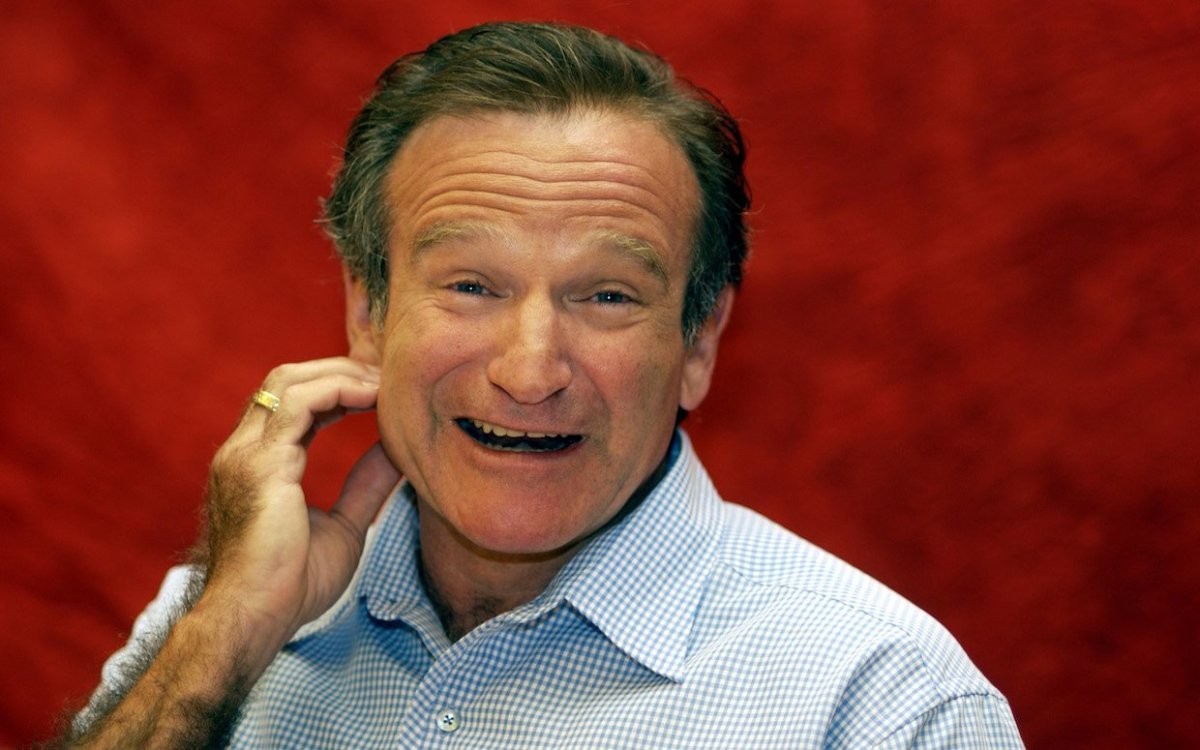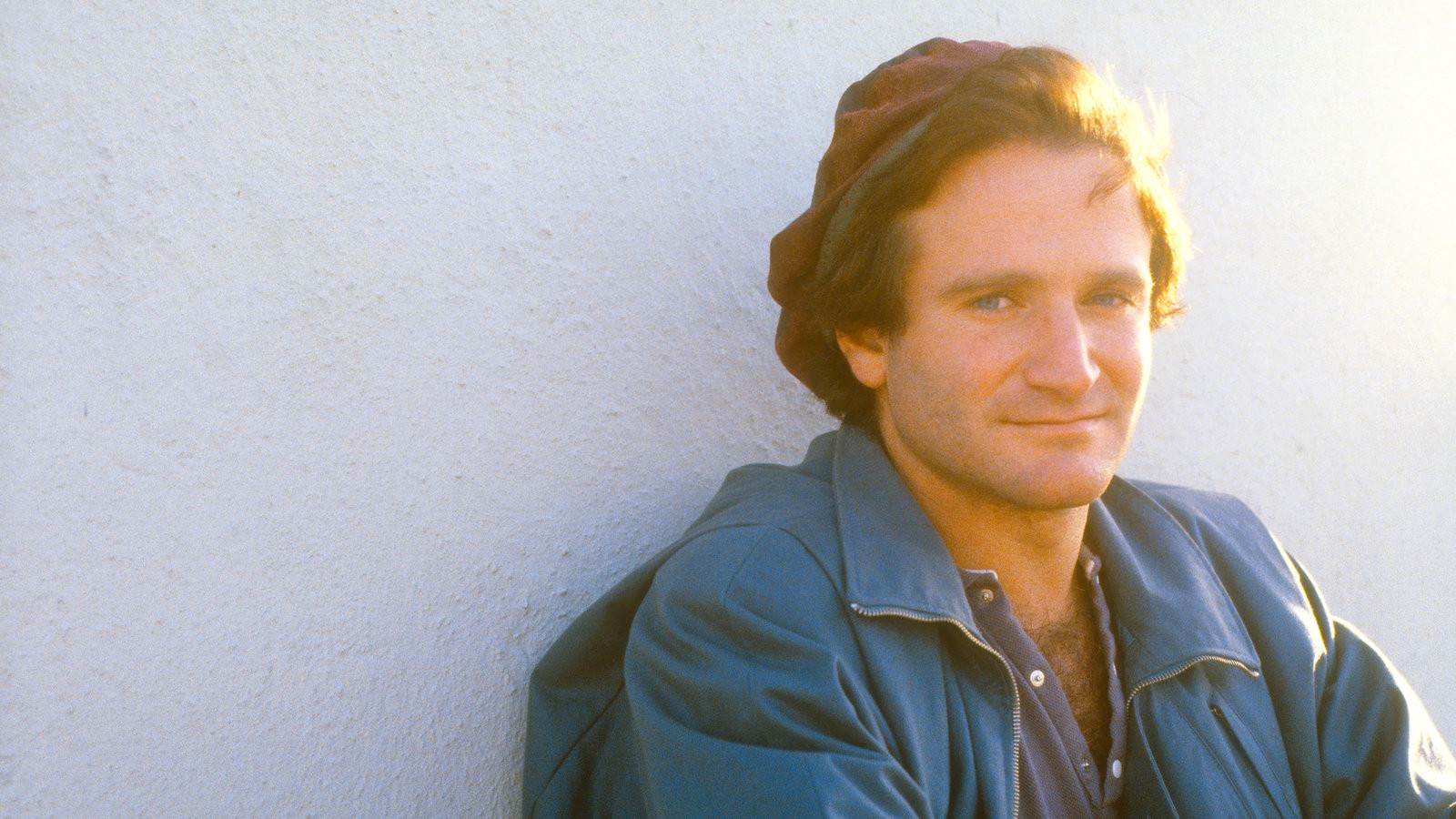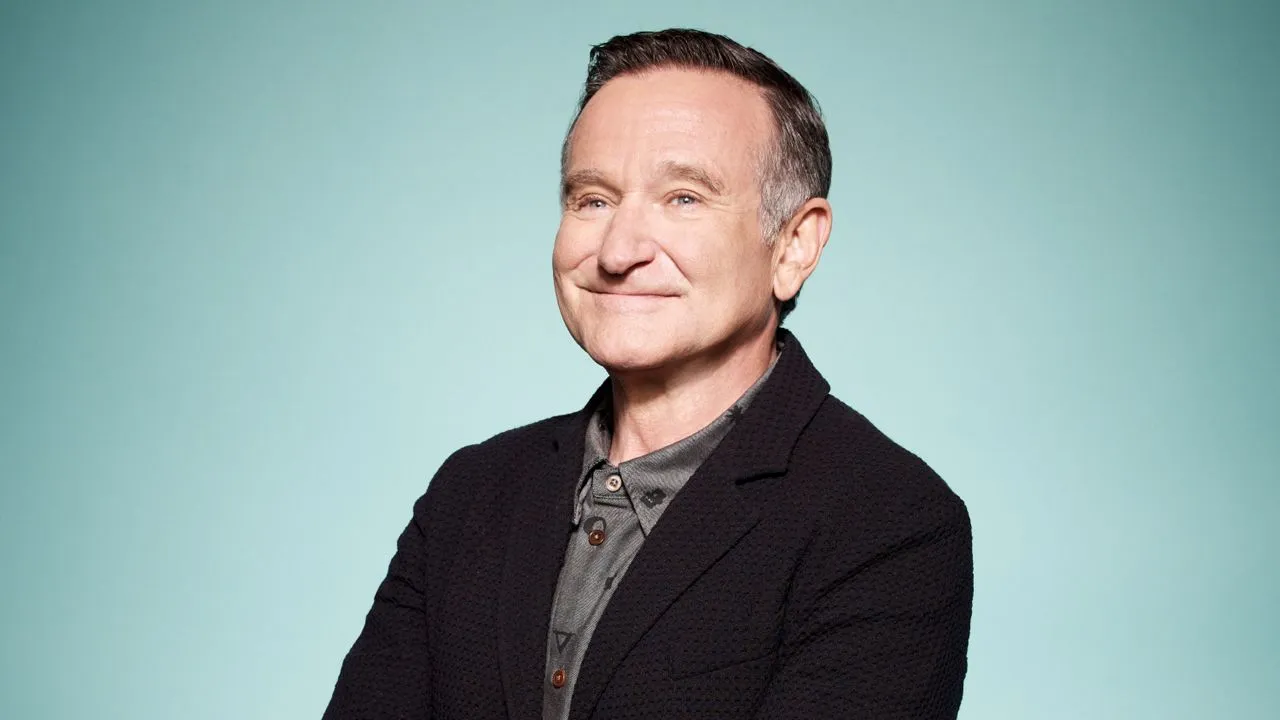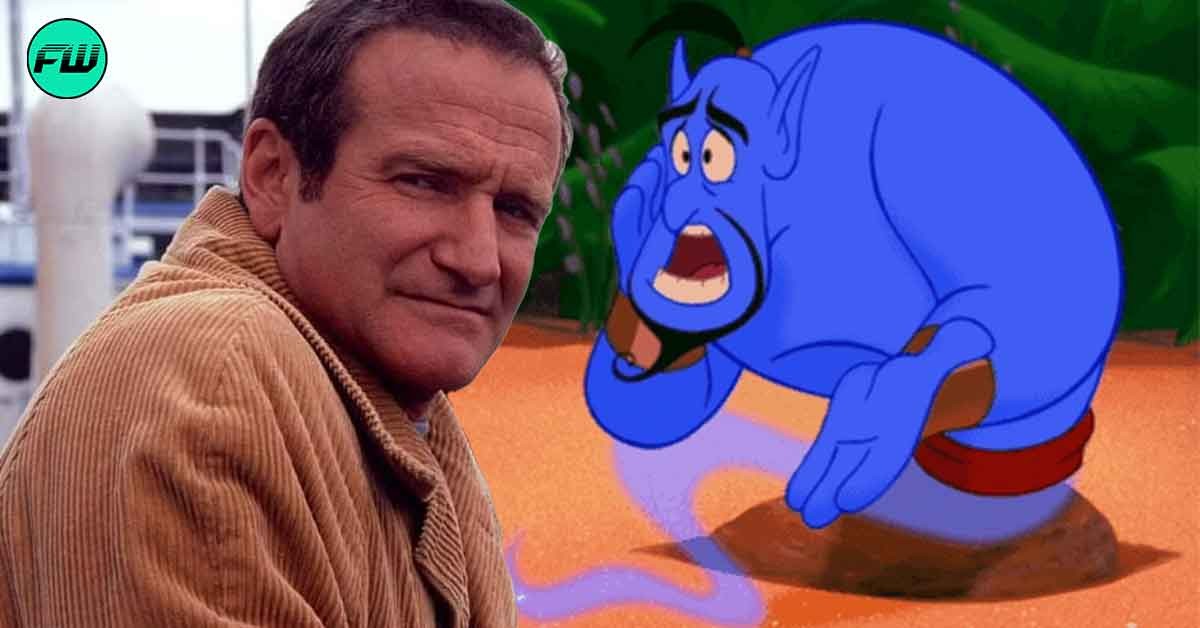Robin Williams stands as one of the most powerful, lauded, and unforgettable actors of his era. Despite his impressive repertoire of iconic films, his saddest movie serves as a poignant reminder of the crucial role that aligning a film’s marketing with its narrative plays in the overall impact of the work.

While Robin Williams may be widely recognized for his comedic talents and stand-up routines, his most exceptional portrayals consistently delved into heartfelt and dramatic roles. One standout instance is evident in his remarkable performance in Good Will Hunting, where he takes on the role of a grieving therapist, a widower who faces his own struggles while endeavoring to guide a young man in harnessing his gifts and navigating through personal grief.
Bad Marketing Ruined Robin William’s Most Emotional Performance
During the late ’90s, Robin Williams took on a role in a relatively obscure science fiction comedy. Unfortunately, the evident studio intervention indicated a lack of confidence in the film. This project, which had the potential to be one of Williams’ most emotionally charged performances, was ultimately marketed to audiences as a mere light-hearted, goofy comedy, failing to do justice to the depth of his contribution.

In 1999, Bicentennial Man emerged as an adaptation of Isaac Asimov’s science fiction novella bearing the same title, although the film can be considered more of a loosely inspired interpretation rather than a direct translation. The narrative centers on Andrew, a robotic servant acquired by a well-to-do family led by Sir (portrayed by Sam Neill). As Andrew becomes a part of their household through purchase, Sir gradually recognizes his distinctive qualities, notably his distinctiveness among machines, as he starts to exhibit individualism, creativity, and the capacity for free thought.
It seems Disney’s Aladdin wasn’t Robin Williams’ biggest regret. The esteemed actor joined the film on one condition that the studio won’t merchandise his voice. Bicentennial Man can be given the top spot in the list of his most regretted movies.
How Bicentennial Man Got Sabotaged
The potential commercial success of the two-hour-long science fiction film remains a matter of speculation. The story, being somewhat niche, coupled with its extended runtime, garnered less-than-favorable reviews, particularly from critics. However, it’s worth noting that these factors haven’t hindered other classics, produced with similar budgets, from achieving financial success.

Upon Disney’s commencement of the movie’s marketing campaign, they presented a distorted perception of the film’s essence. The image they portrayed to audiences was that of a zany, screwball comedy reminiscent of the ’80s, replete with slapstick humor and a plethora of stand-up comedy gags.
The trailer exuded a cheesy, family-friendly comedy vibe, perfectly synchronized with the upbeat tones of Hot Chocolate’s I Believe In Miracles. The movie being promoted seemed to align more with the style of a modestly-budgeted late ’90s/early 2000s Adam Sandler or Owen Wilson comedy, rather than the expected type of dramatic comedy one would associate with Robin Williams.
Source: CBR

